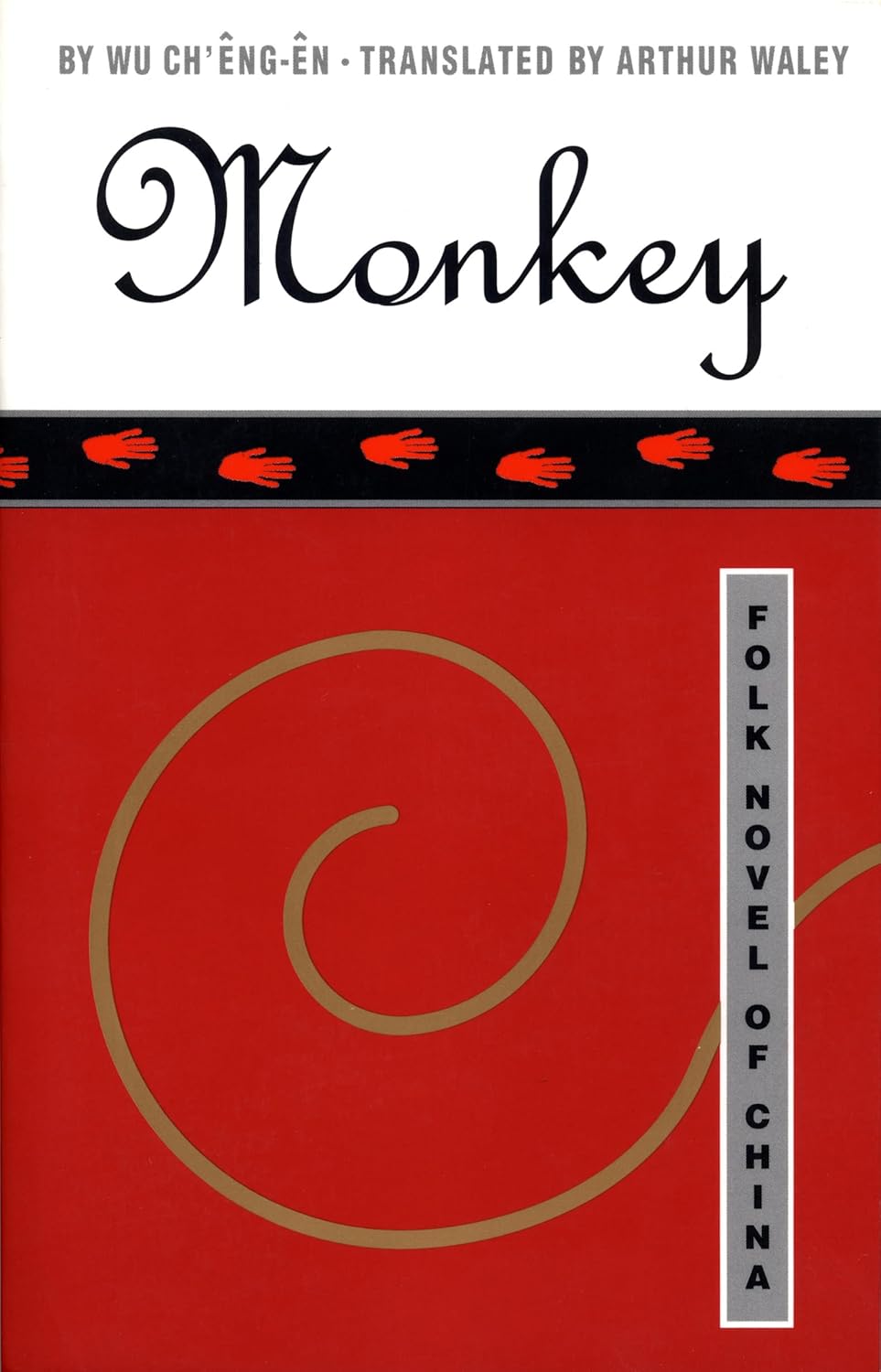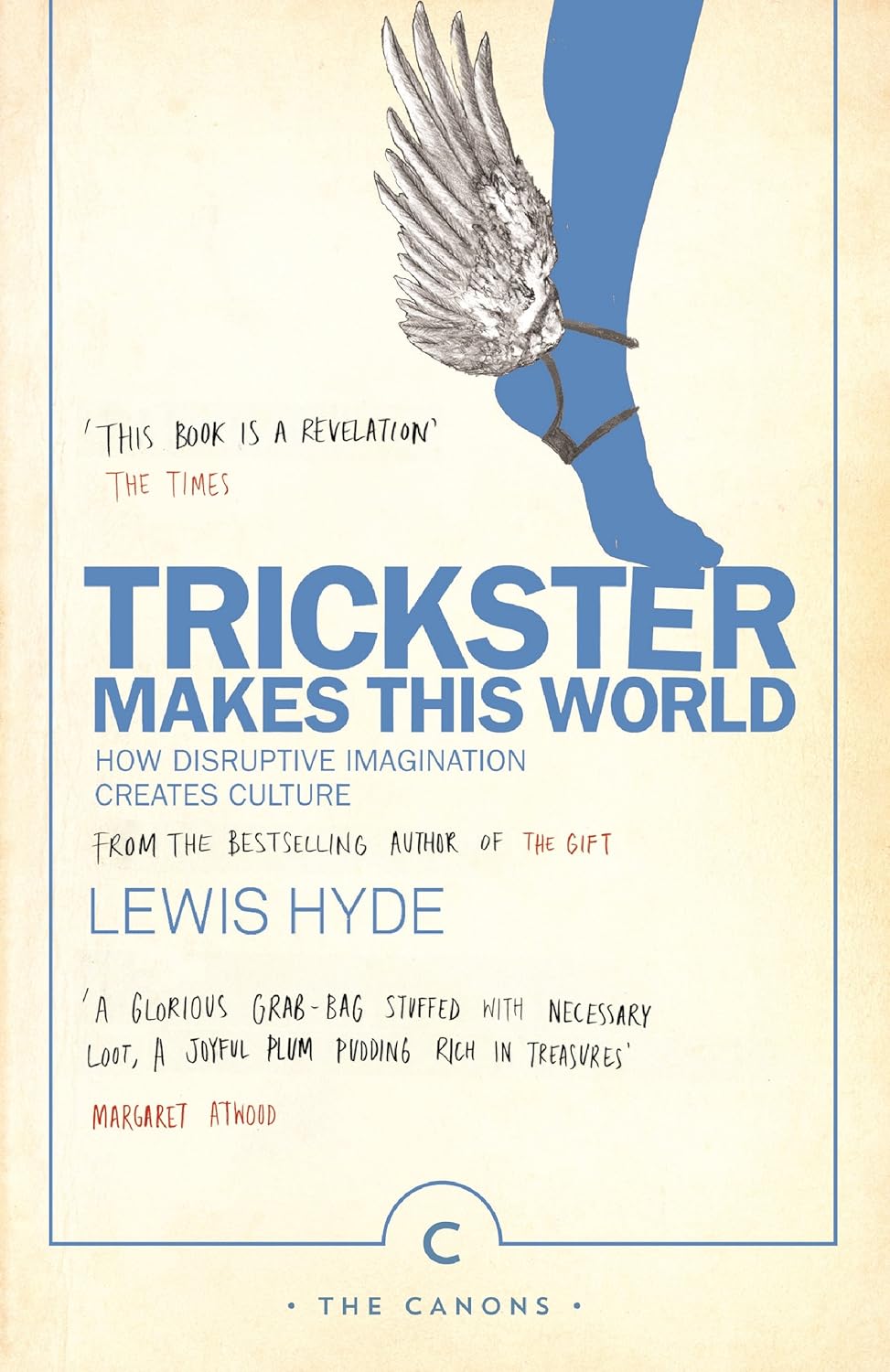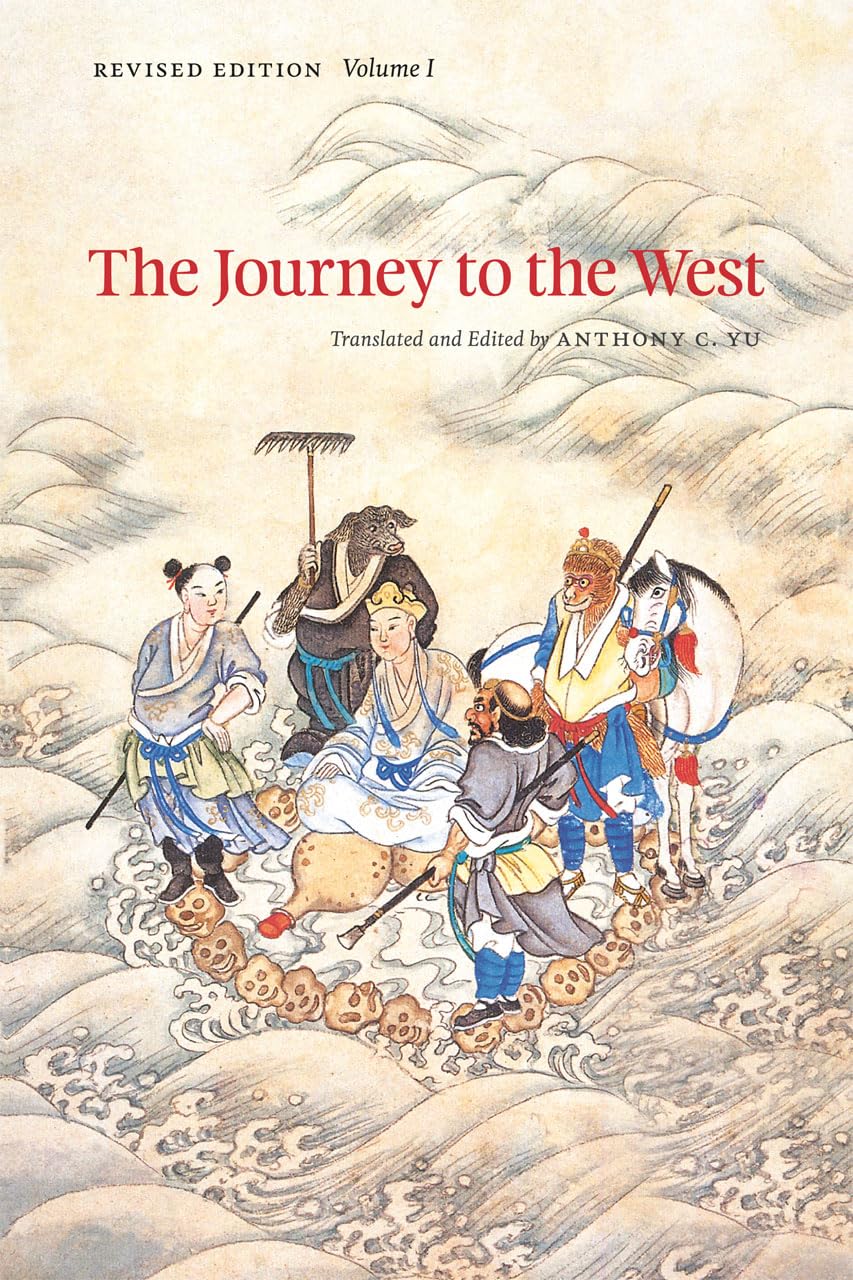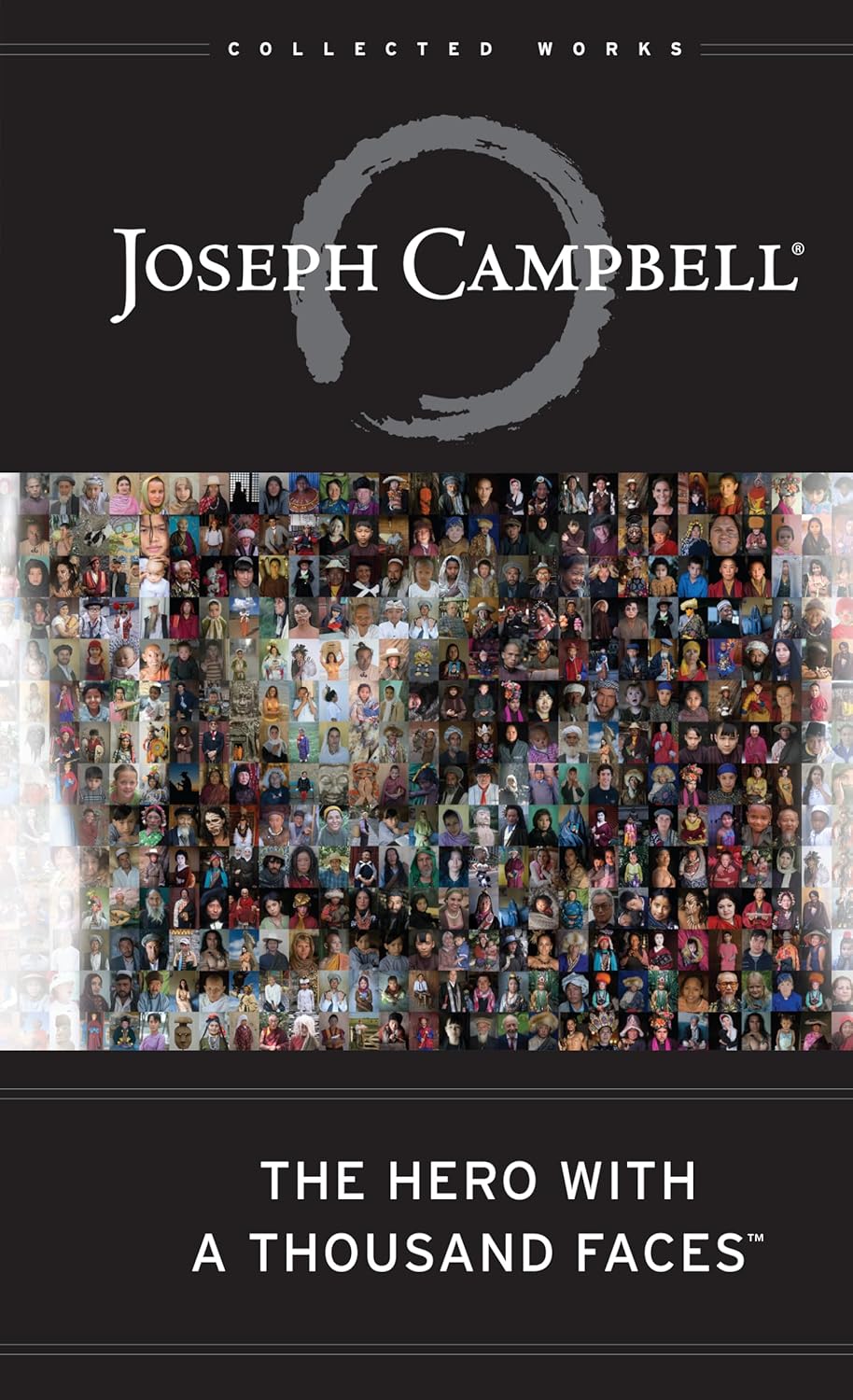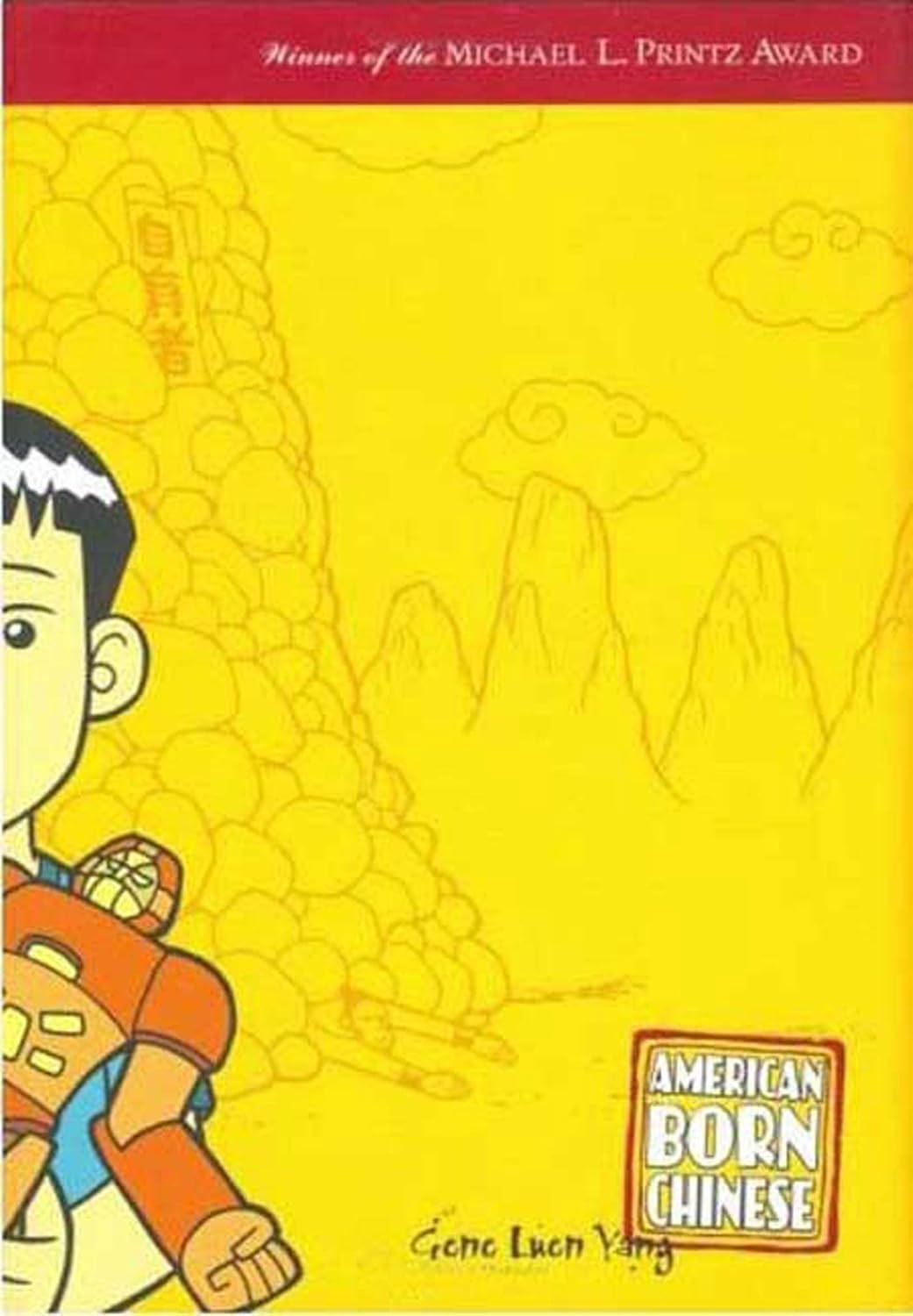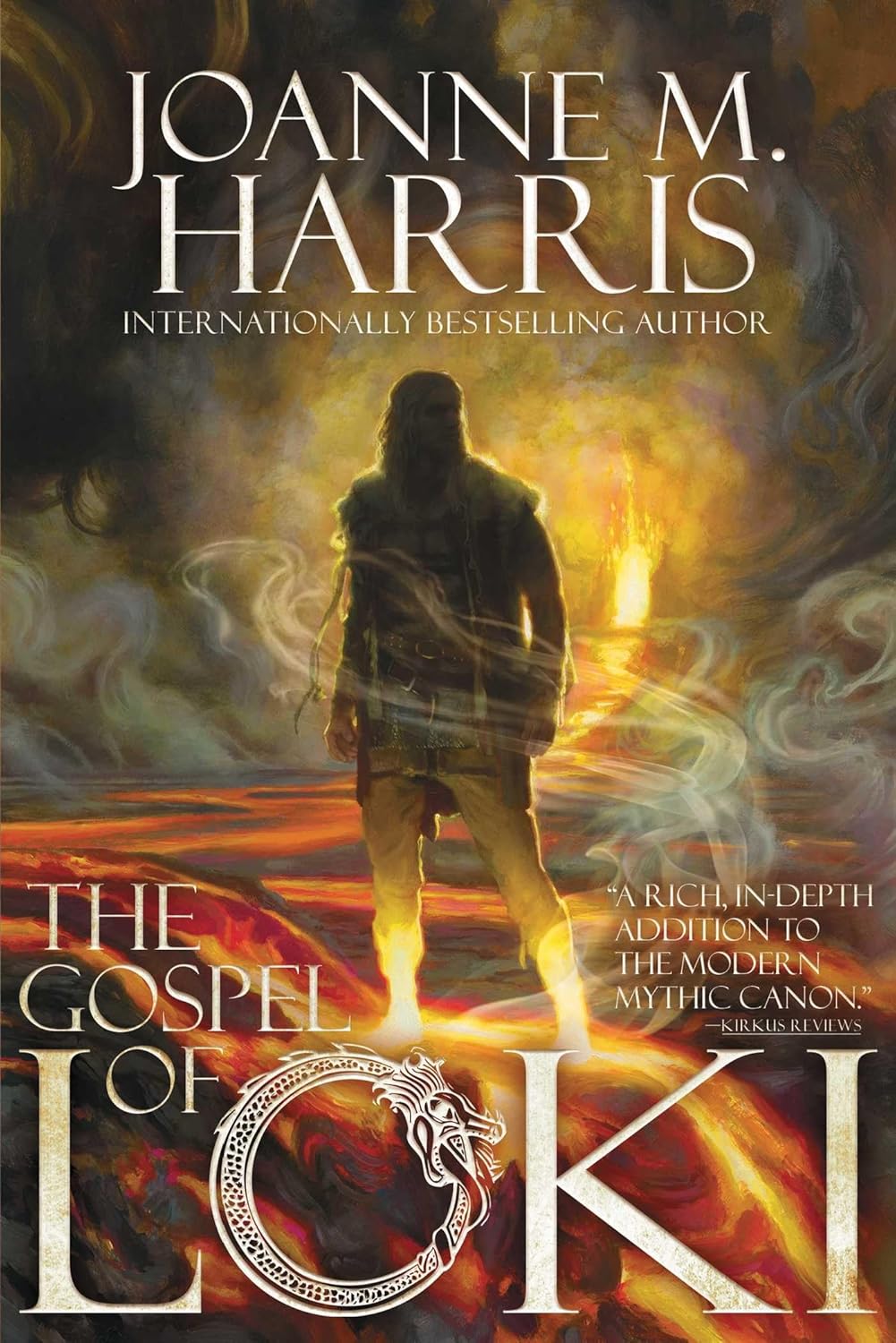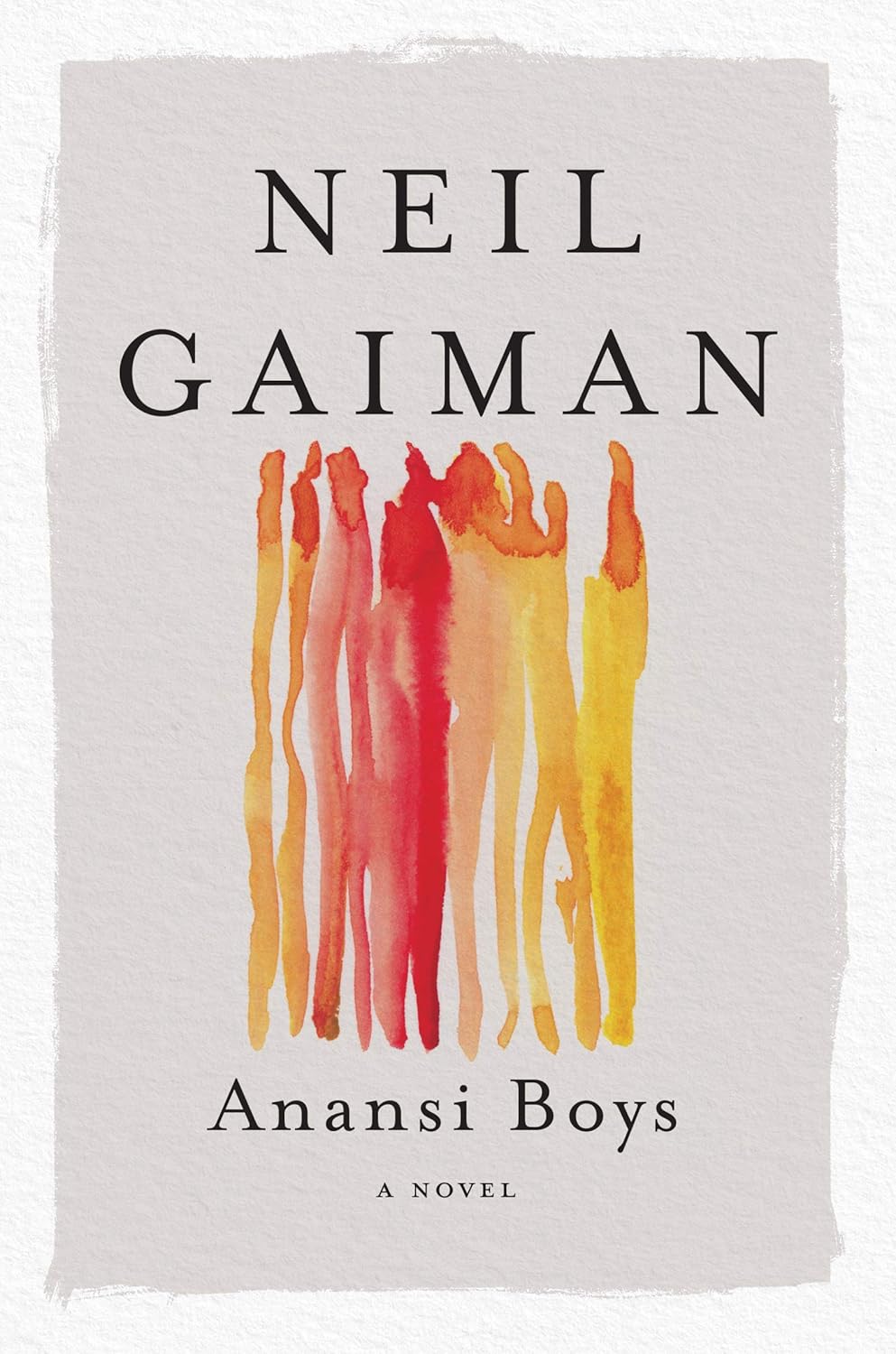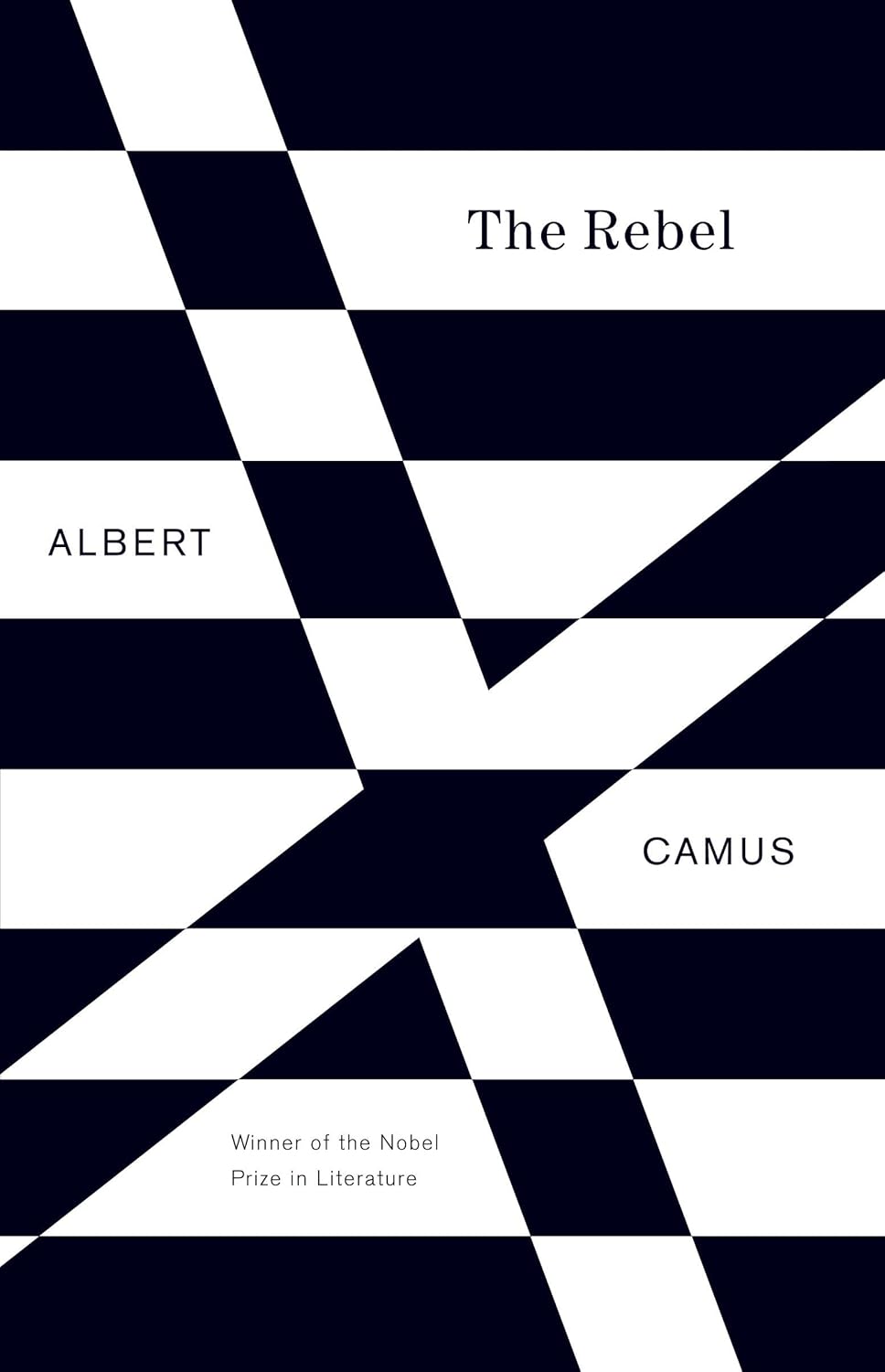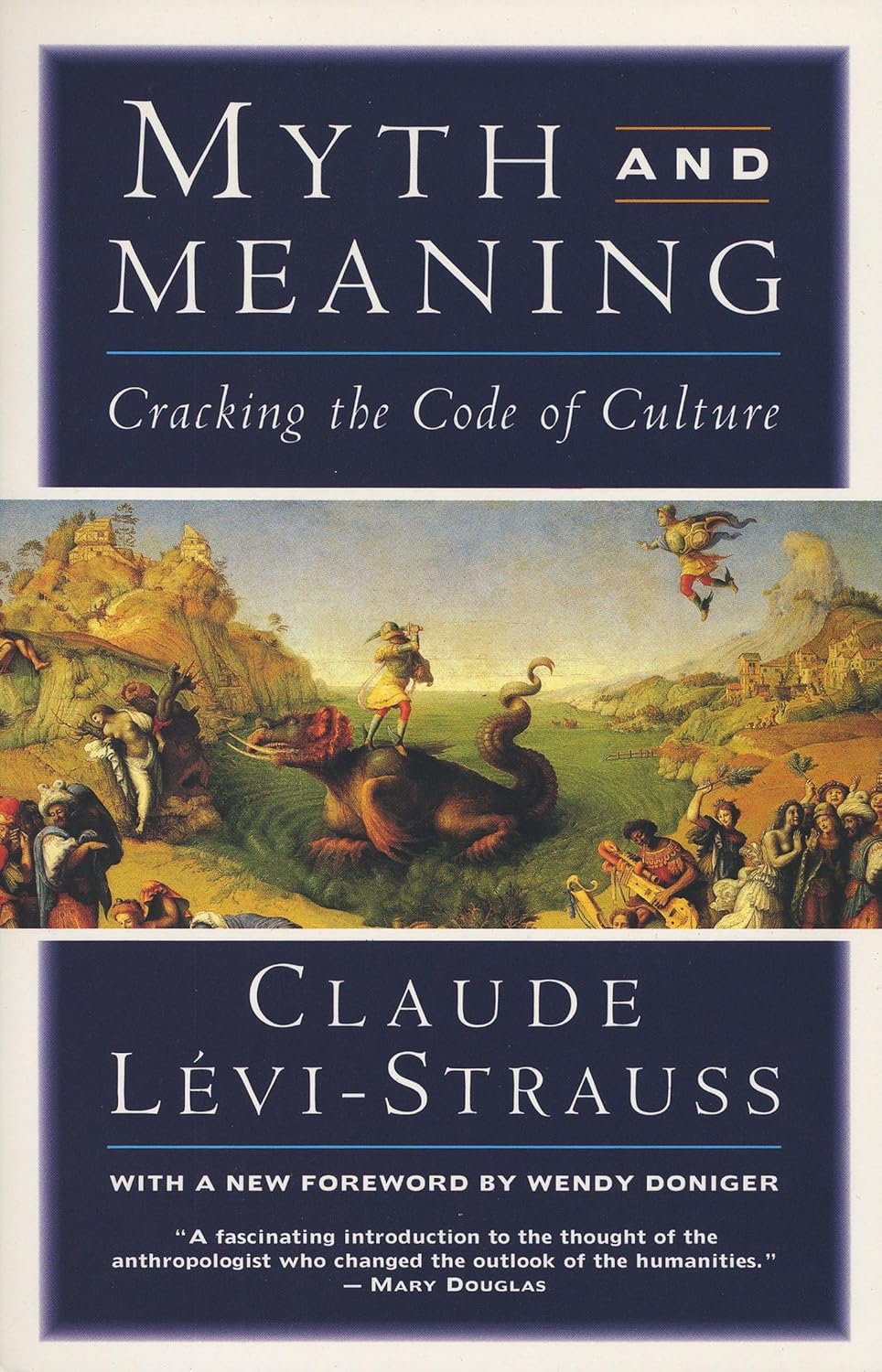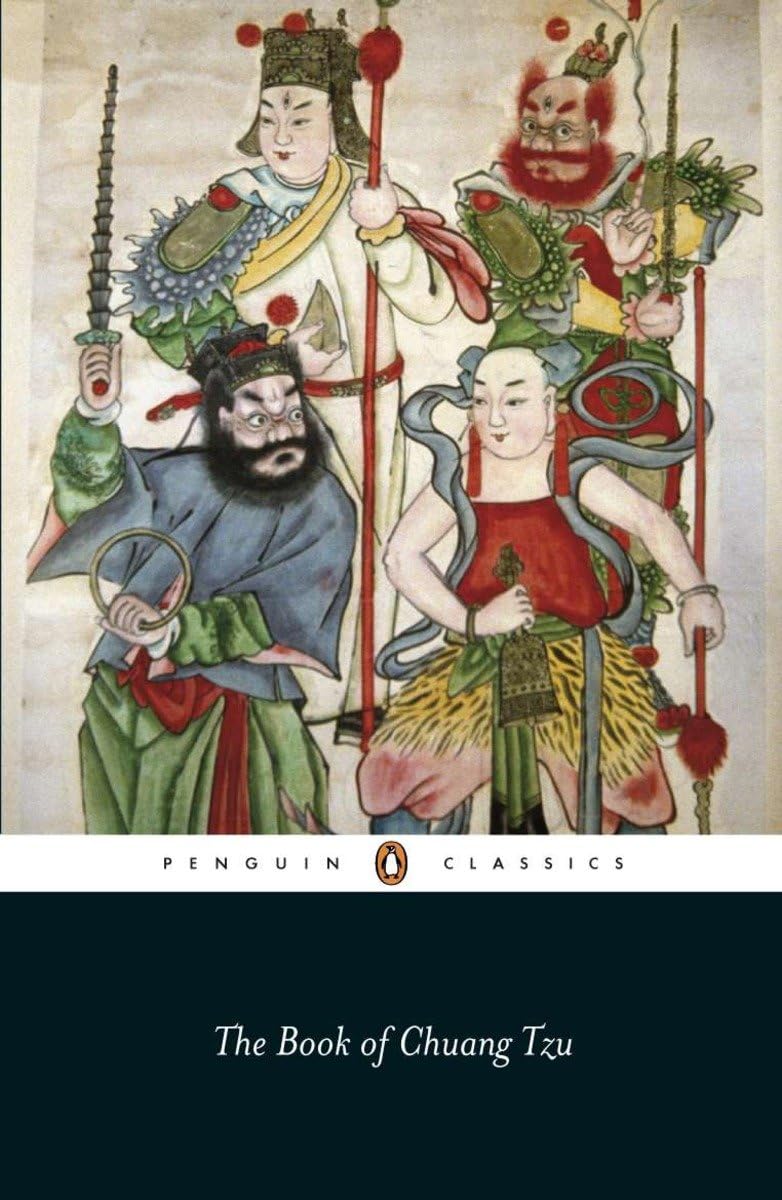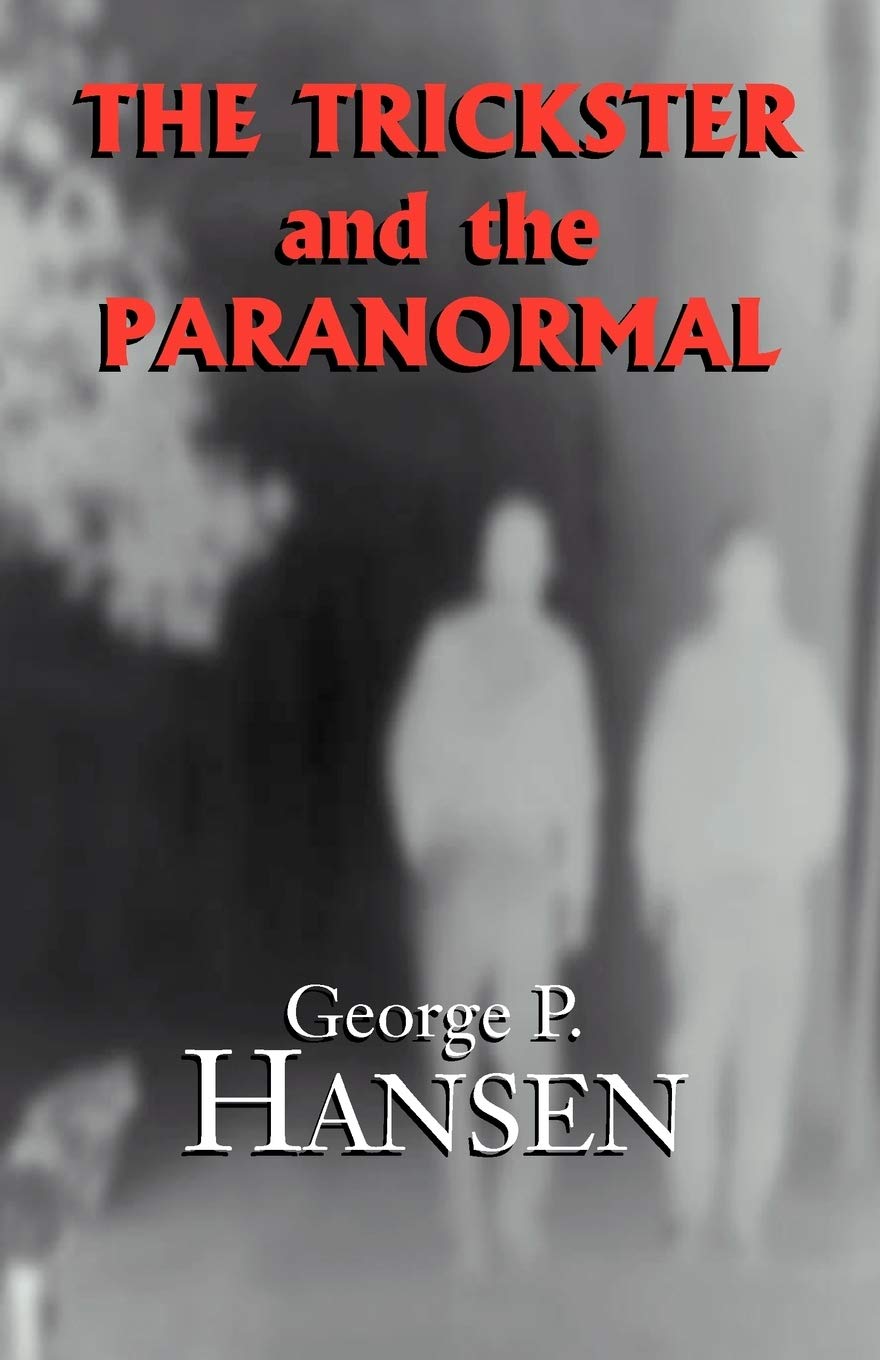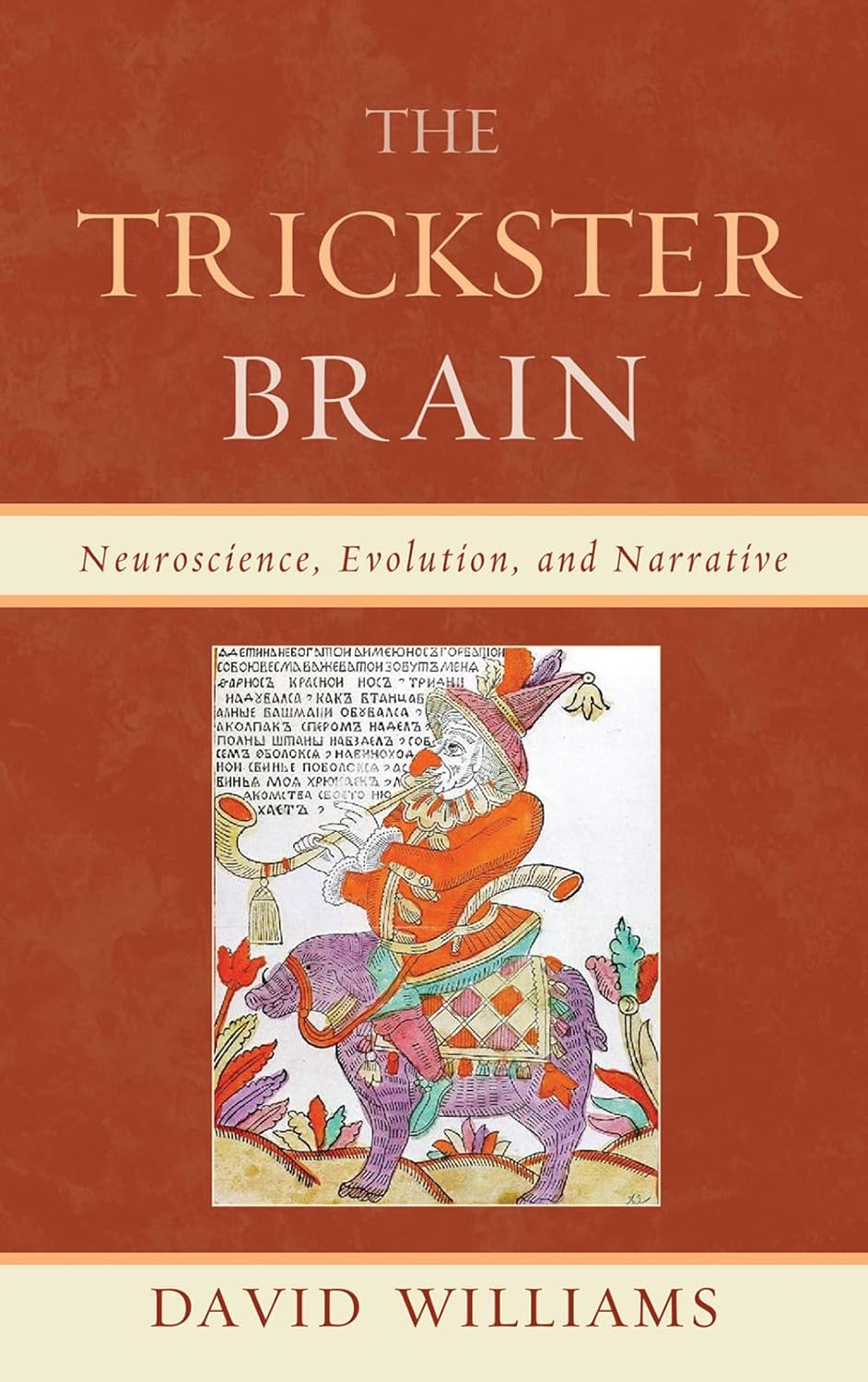
The Trickster Brain: Neuroscience, Evolution, and Narrative
Why do humans tell stories? And why do we often find ourselves captivated by tricksters—those cunning, unpredictable figures who challenge authority, bend the rules, and subvert expectations? In The Trickster Brain, David Williams takes a deep dive into the intersection of neuroscience, evolutionary psychology, and storytelling to uncover the hidden mechanisms behind our fascination with trickster figures. Drawing from cutting-edge research in cognitive science and anthropology, this book explores how the human brain evolved to process deception, ambiguity, and contradiction—traits often embodied by tricksters in mythology, literature, and popular culture. Williams argues that our brains are wired to seek patterns and make meaning from uncertainty, a survival mechanism that gave rise to both storytelling and strategic thinking. By examining figures such as Loki, Anansi, Coyote, and even modern antiheroes, The Trickster Brain reveals how these archetypes tap into the deepest layers of human cognition, fostering creativity, adaptability, and cultural transformation. Perfect for readers interested in neuroscience, folklore, psychology, and the art of storytelling, The Trickster Brain is a groundbreaking exploration of how evolution shaped our narrative instincts—and why the trickster remains one of the most enduring figures in human imagination.





